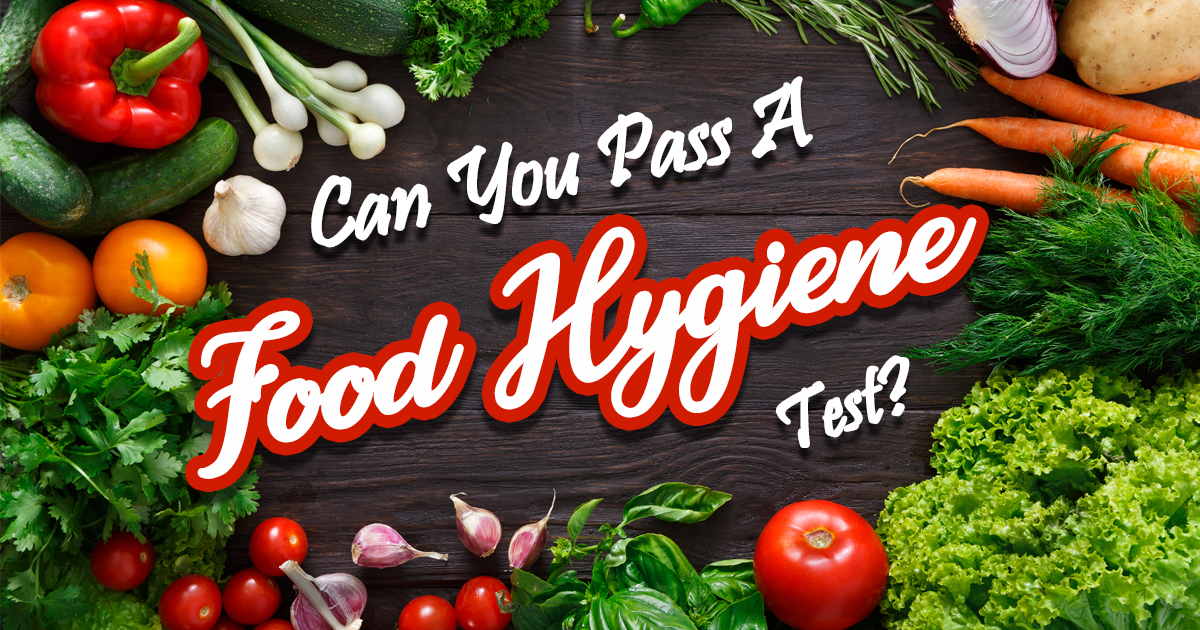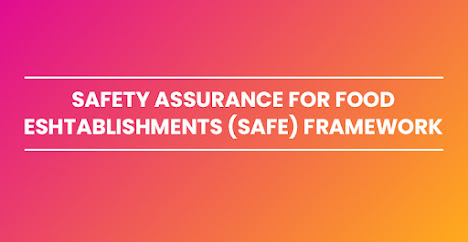5 IMPORTANT LESSONS OF FOOD HYGIENE TRAINING

The ever-growing consumerism has not only put pressure on food producing and handling companies but has also made us cautious about our health and well-being. Wholesome food with safe food handling practices and a well-maintained kitchen has become an imperative requirement. Singapore, being a “food haven”, is not any different in its food standard expectations as eat outs here have become part and parcel of Singaporean culture and lifestyle.
Certainly proper hygiene is a fundamental requirement for food preparation. Our food can contaminate at any point from slaughtering or harvesting, processing, storage, distribution, to its preparation. Lack of adequate food hygiene knowledge can lead to foodborne diseases. Good practices would not only aid in avoiding adverse food reactions but also help decrease food waste and boost workplace efficiency.
The following 5 tips will help you learn training benefits:
1) Practice good personal hygiene
Wash and dry hands thoroughly before handling food to avoid infecting the food that we prepare.2) Use Safe Ingredients
Wash and thoroughly check ingredients to remove dirt, chemicals, and germs that may be found on the surface. Food poisoning can quickly spread from food on countertops, utensils, and hands easily. Proper training and hands-on practice will ensure learning how to prevent such mishap.3) Handle food safely
Follow food safety guidelines when preparing food to prevent cross-contamination. Poor hygiene practices usually lead to expired food, which is unsuitable for consumption. Food hygiene training teaches us to handle food in the right way. This, in turn, maintains good quality food, avoids wastages and saves time and money.4) Store Food Easily
It’s recommended to store foods at the right temperature to prevent cross-contamination.5) Maintain Cleanliness of utensils, equipment and service/storage areas
Make sure all utensils, equipment, and storage areas are spotlessly clean before use to check pest infestation.Want to know more?
Join all aspiring entrepreneurs and cooking enthusiasts to learn more about basic food hygiene.
Click here to register for WSQ - Follow Food & Beverage Safety and Hygiene Policies and Procedures.
Click here to know our upcoming schedule classes.



Those guidelines additionally worked to become a good way to recognize that other people online have the identical fervor like mine to grasp great deal more around this condition.
ReplyDeletesafety course in chennai
nebosh course in chennai